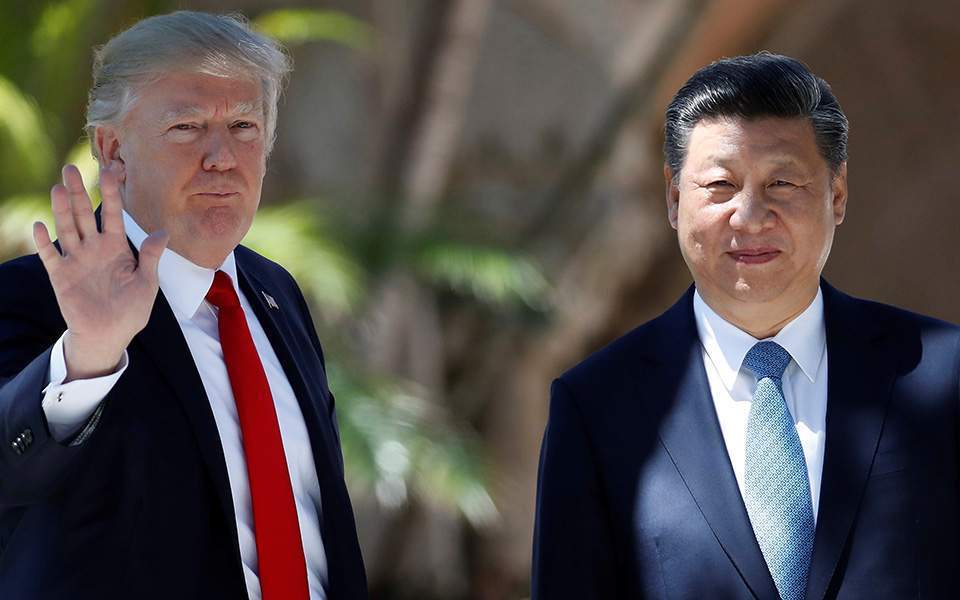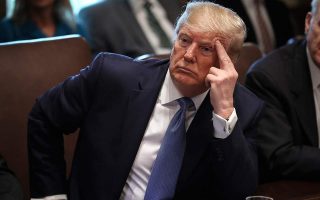Greece on the US-China tightrope

The world’s two biggest economies are on a collision course that many describe as a new cold war, triggered by a multifaceted antagonism and rivalry.
It is clear by now that China is the West’s biggest rival. The United States is still the latter's key economic but also security pillar. Most Europeans acknowledge that without Washington’s leadership they are in no position to defend themselves against other neighboring or distant forces.
China invests in Europe and other parts of the world for economic but also geopolitical reasons. Greece is an important gateway into the European Union and the Cosco investment at Piraeus Port is the perfect example of a smart and successful commercial deal with geostrategic characteristics.
As the world is dragged into this new cold war, Greece – by virtue of its strategic location – is having to walk a tightrope. It is firmly rooted in the Euro-Atlantic alliance – something that was confirmed during the previous, SYRIZA-led administration – while also pursuing certain benefits from its relationship with Beijing. The commercial rewards are too great for any government to ignore.
Successive Greek administrations over the past 15 years have pursued a similar policy: From Kostas Karamanlis’ trip to Beijing in 2006 when the relationship was bolstered to a “comprehensive strategic partnership,” to Kyriakos Mitsotakis’ visit to Shanghai in November (which was followed by a trip to Athens by Chinese President Xi Jinping and plans – pre-coronavirus – for Mitsotakis to travel to Beijing this past spring).
The US brings its own strategic cards to the table, by deepening defense cooperation and encouraging – it cannot force them – American companies to invest in Greece.
Greece's EU membership protects it from increased dependency, pressures of different sorts and even threats, allowing it to assess investments by its own objective criteria.
The opportunities are many and significant. With respect to ports, for example, there’s not just Piraeus. There are western firms interested in other entry points from the sea. And then there is the example of the privatization of the airports.
We also see other important areas of economic activity, like the upgrading to a 5G network, that are at the forefront right now. In the digital age, the power lies not with the ones that control the Rimland and thus Eurasia, but rather with the ones that control 5G technology.
In this issue too, there are certain facts like that China was not part of the creation of the 4G network in Greece, though Huawei, as well as Sweden’s Ericsson created the additional infrastructure.
Greece will assess the whole picture carefully before deciding on how to move forward responsibly. Which companies and countries will be involved and to what extent, whether it will take the European route by allowing Huawei some involvement, and other such matters, will be assessed according to what best serves the national interest.
Greece has legitimate concerns that need to be addressed, and faces dangers and threats it must guard itself against. The strategic decisions it makes with respect to sensitive issues and major commercial deals, will inevitably take into account many factors including the support it receives from certain countries on the issues that interest it most.





